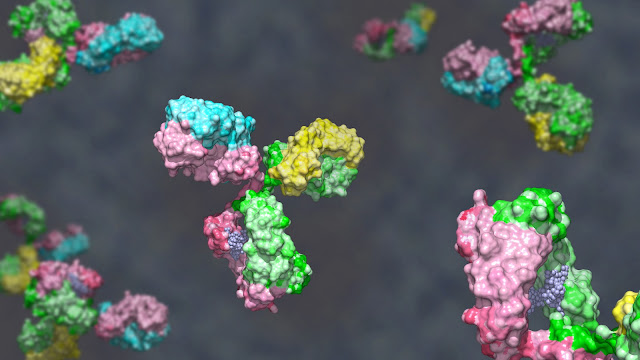Transforming Healthcare with Cell Therapy Manufacturing: Innovations and Advancements
Cell therapy manufacturing is an
innovative process that involves the use of living cells to treat diseases and
medical conditions. This approach has the potential to transform healthcare by
providing personalized and targeted treatments for a wide range of diseases,
from cancer to genetic disorders.
Over the past few years, the field of
cell therapy manufacturing has seen significant advancements and innovations.
One of the key developments in this area has been the use of stem cells. Stem
cells are cells that have the ability to differentiate into various cell types,
which makes them an ideal candidate for developing new therapies. Stem cells
can be extracted from various sources, such as bone marrow, adipose tissue, and
umbilical cord blood.
Global
cell therapy manufacturing market is estimated to be valued at US$ 3,755.4 million in 2022
and is expected to exhibit a CAGR of
15.2% during the forecast period (2022-2030).
Another significant development in the
field of cell therapy manufacturing is the use of gene editing techniques such
as CRISPR-Cas9. Gene editing allows scientists to modify the DNA of cells to
correct genetic mutations that cause diseases. This technology has the
potential to provide long-term and potentially curative treatments for many
genetic disorders.
In addition to these advancements,
cell therapy manufacturing is also benefiting from new manufacturing
technologies and techniques. For example, some companies are using bioreactors
to mass-produce cells for use in therapies. Bioreactors are large tanks that
use various growth factors and nutrients to stimulate cell growth and
expansion. This allows companies to produce large quantities of cells quickly
and efficiently.
One of the key benefits of cell
therapy manufacturing is that it allows for personalized and targeted
treatments. This is because cells can be taken from a patient, grown in the
lab, and then reintroduced into the patient's body. This personalized approach
has the potential to provide more effective and less invasive treatments for a
wide range of medical conditions.
Despite the many advances in cell
therapy manufacturing, there are still some challenges that need to be
overcome. One of the biggest challenges is ensuring that therapies are safe and
effective. Because cell therapies involve living cells, there is a risk of
contamination or immune rejection. This means that rigorous testing and quality
control measures are essential to ensure that cell therapies are safe and
effective.
In conclusion, the field of cell
therapy manufacturing is rapidly evolving, with new innovations and
advancements being made all the time. This technology has the potential to
transform healthcare by providing personalized and targeted treatments for a
wide range of diseases. While there are still challenges to be overcome, the
future of cell therapy manufacturing looks bright, and it is likely that we
will continue to see new breakthroughs and developments in this field in the
years to come.




Comments
Post a Comment